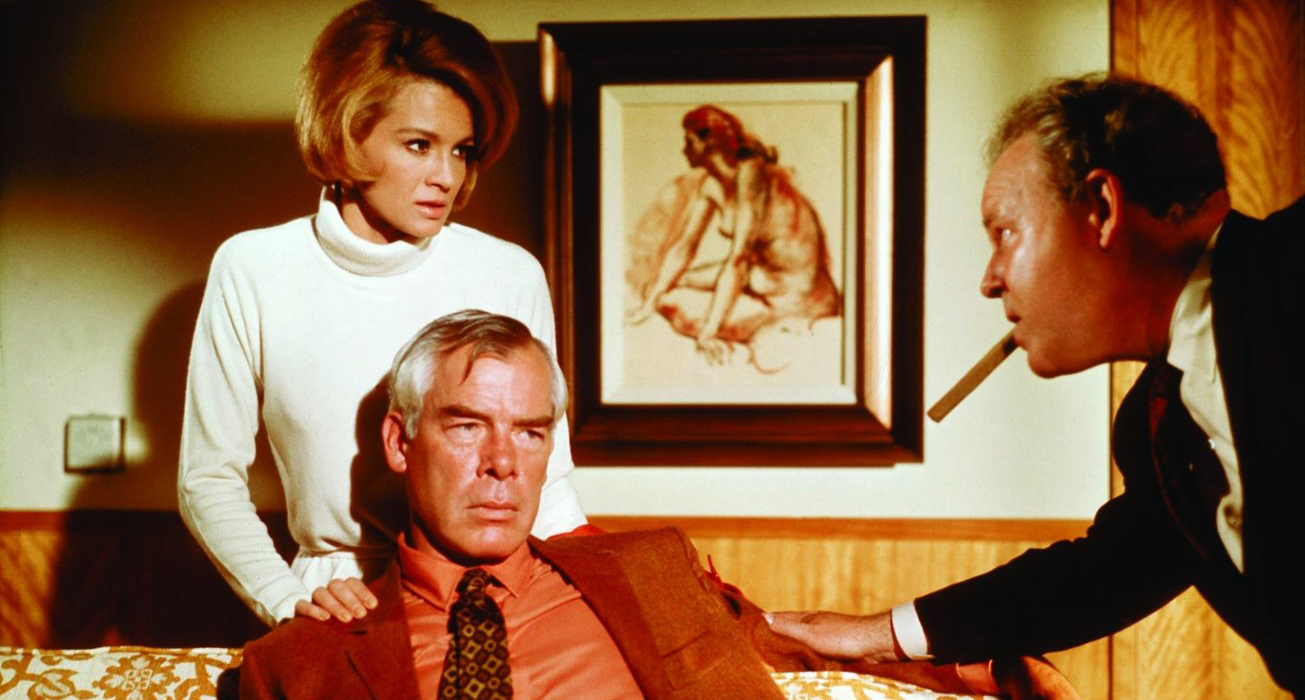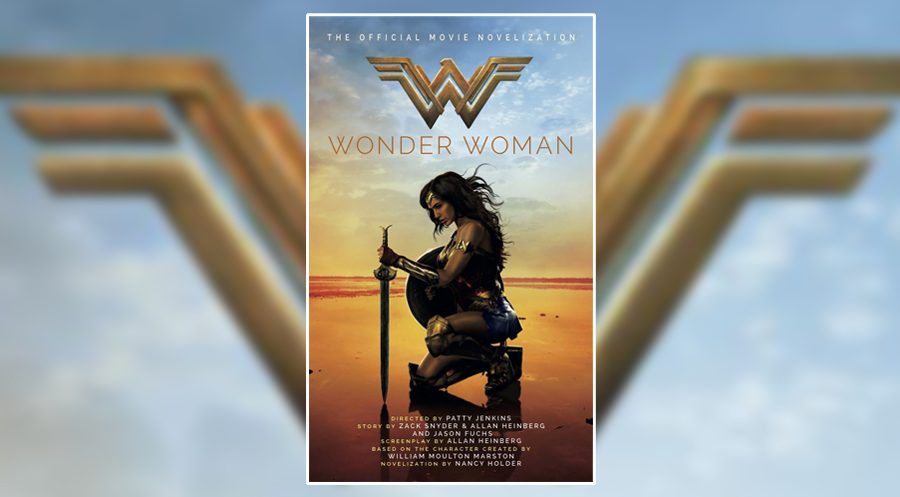Point Blank, The Summer of Love, and The Code

“The guilty are punished, the virtuous rewarded, the authority of church and state is legitimate, and the bonds of matrimony are sacred.”
(Professor Thomas Murphy on the Motion Picture Production Code, 1931 – 1968)
A tough looking middle-aged man walks purposefully down a long, bare corridor, his echoing footsteps the only sound we can hear. Now we see a woman getting out of bed, and cut between the man walking and the woman preparing to go out; and now he’s driving a car, and she’s in a beauty parlour, still accompanied by the sound of footsteps. His car is parked outside her apartment, and he watches her enter. As she closes the door he kicks it open, pushes her aside and rushes into her bedroom, where he shoots repeatedly into her empty bed.
John Boorman’s 1967 film Point Blank was based on the 1962 Richard Stark novel, The Hunter. Other than the name of the work being changed, the name of the main character changed too – Parker, a professional armed robber cheated and left for dead by his wife and another accomplice, has become Walker. The name change from Parker to Walker isn’t arbitrary; it was felt by the director, apparently, that the scene I’ve described encapsulated the ethos of the character – an implacable will, the desire for revenge and for the money he was robbed of, and a readiness for violence.
I won’t go into too much detail about the plot of the film – one theory has it that the entire movie is a dying man’s dream, but you can make your mind up about that. Lee Marvin appeared in this when he was one of Hollywood’s biggest stars, and he radiates charisma. Together with a superb plot incorporating a discontinuous and fractured timeline and a super-stylised look, his performance makes the movie a memorable and compelling experience.
While it was not a box office success, Point Blank is now seen as one of the key movies of a new Hollywood. The Motion Picture Production Code, which insisted that religious figures never be depicted as villains or buffoons, that prohibited on-screen drug use, nudity, profanity and the portrayal of interracial relationships, was already on its way out by the time Point Blank was made. But what Point Blank says about the development of the counter culture in the USA is intriguing.
Thousands of idealistic and/or hedonistic young men and women might have decided to go to San Francisco in 1967’s Summer of Love, but so did Charles Manson. The old political and cultural moralities and certainties were dying, and left behind a hole. Point Blank, with a detached nihilism and a visually sterile modernist LA backdrop that seems to isolate the characters within it, represents a blank slate and a certain fatalism – a starting point for a new ethos that unfortunately became characterised by, in mainstream Hollywood anyway, flashy violence, materialism and individualism, all frequently dribbled over by the old sacred cows of flag and family.
Films like Arthur Penn’s Bonnie and Clyde, released in the same year, The Godfather, The Last Picture Show – these are all from a time when Hollywood had the opportunity to produce films that genuinely depicted human nature, sexuality and the reality of violence. In other words, an opportunity to make films that were both commercial and that said something profound about what it is to be human. That brief period when adventurous studios gave talented directors and producers both money and a creative freedom never enjoyed before or since is entertainingly detailed in Peter Biskind’s 1998 Easy Riders, Raging Bulls.
Walker would, I expect, have paid little attention to the hippies of 1967 he may have seen on his mission for revenge; it wasn’t them who betrayed him. It’s a little ironic, though, that the long overdue rejection of stultifying social mores in the 60s produced both flower children and art built around an archetypal and amoral force of individual will, the complete antithesis of hippieness, like Walker.


